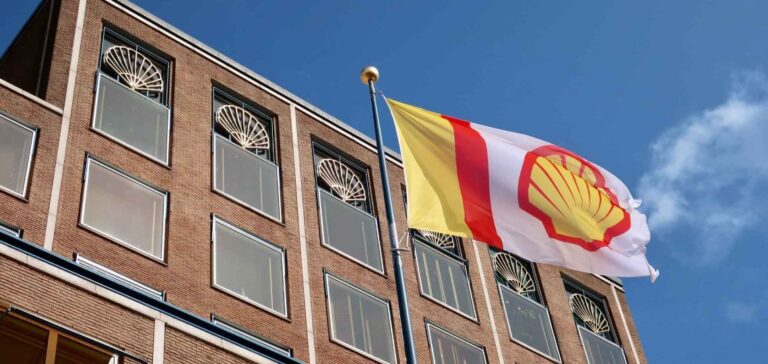Shell has announced the completion of the sale of its stake in Shell Petroleum Development Company (SPDC) to Renaissance, a consortium comprising Nigerian companies and an international energy player. The transaction amounts to $2.4 billion, including an initial payment of $1.3 billion and an additional $1.1 billion to cover outstanding receivables and cash balances of the company. This divestment, initially agreed upon in January 2025, aligns with the Anglo-Dutch group’s strategy to streamline its portfolio in Nigeria.
Gradual withdrawal from onshore operations
Shell is progressively reducing its presence in onshore oil extraction in Nigeria, a market challenged by persistent operational risks, including vandalism, oil theft, and environmental litigation. SPDC, whose assets include onshore fields and transport infrastructure, has been at the centre of controversies related to pollution and conflicts with local communities. With this sale, Shell follows a trend set by other major oil companies such as TotalEnergies and Equinor, which also divested their onshore assets in 2024.
Focus on offshore development
Shell’s strategy is now centred on deepwater resource exploitation. In December 2024, the company approved investment for the Bonga North project, an extension of the Bonga field located 130 kilometres off the Nigerian coast. This development includes drilling 16 wells, eight for production and eight for water injection, with an estimated capacity exceeding 300 million barrels of oil equivalent. Production is expected to reach 110,000 barrels per day by the end of the decade.
Ongoing investments
To execute this project, Shell has awarded several contracts. TechnipFMC has been selected to supply subsea production systems, including wellheads and manifolds. Additionally, a consortium led by Saipem secured a $1 billion contract for the installation of subsea infrastructure connecting the wells to the Bonga FPSO.
Sectoral repositioning
Shell’s move towards offshore development reflects a broader shift in Nigeria’s oil sector. While international majors scale back their exposure to onshore risks, local companies are stepping in to continue onshore field operations. This evolving dynamic is reshaping investment patterns and could influence the regulatory and economic framework of the country in the coming years.






















